Meet the Biden administration’s Iran envoy, an unpopular man in Israel
Meet the Biden administration’s Iran envoy, an unpopular man in Israel
Robert Malley, a career American diplomat, has been criticised by Israeli right-wing figures for being 'anti-Israeli'.
Washington’s new choice for its Iran envoy, Robert Malley, has angered many - from hawkish American advisors, to right-wing Israeli personalities, as well as some American-Iranians, who have been strong advocates for the regime change in Tehran.
They all have come to pursue a common agenda, which is to covertly or overtly defend Israeli interests. Iran is Israel’s political nemesis across the Middle East, and pro-Israeli lobbies across the world stand for putting immense pressure on Tehran and to force the Shia-majority country to soften its stance against Tel Aviv.
Malley, an American-Jewish career diplomat with extensive experience over conflict resolution and Middle East politics, was a central figure in the Obama administration in terms of crafting the nuclear deal with Iran. Malley is currently the president of the International Crisis Group.
He has long defended the Joint Comprehensive Plan of Action (JCPOA), the internationally approved agreement with Iran.
“The initial deal is implemented in good faith for some period; the follow-on agreement is negotiated among parties to the original one; and new measures accepted by one side are matched by steps taken by the other,” he wrote in an article co-authored by Philip Gordon in January 2018, when the Trump administration made it clear that it would walk away from the deal. In May, Washington pulled out from the deal.
“By threatening to withdraw from the deal unless Congress and Europe implausibly and unilaterally alter its terms, Trump has put it on a path to collapse without any realistic plan for what to do if that happens.” he added, warning that the US retreat might cause unpredictable repercussions across the region.
Political views
Malley, a strong defender of the Israeli-Palestinian peace process, was part of the American team who organised the failed Camp David peace talks between the Israelis and the Palestinians in 2000.
Malley has also long defended a rapprochement with the Muslim Brotherhood and Hamas, originally the Palestinian wing of the Brotherhood.
The former Trump administration was a vehement opponent of the Brotherhood, even considering to designate the political Islamic movement as a terrorist group, while the US had declared Hamas as a terrorist organisation way back in 1997.
In 2008, his connections with Hamas figures led the Obama campaign to cut its ties with Malley under strong criticism from both American and Israel right-wing political lobbies.
But after Obama won his second term, Malley became his top negotiator with the Iranians.
The new Biden administration, following the footprints of the Obama era, has signalled that it wants to return to the nuclear deal. The new US Secretary of State Antony Blinken stated that “if Iran comes back into full compliance with its obligations under the JCPOA, the United States would do the same thing."
Malley’s unorthodox upbringing
Malley’s parents were Jewish. His father, Simon Malley, was a leftist Egyptian-born journalist. Both parents were strong defenders of Algeria’s pro-independence National Liberation Front (NLF), which gave a bloody fight against France.
In 1980, when the Malley family was living in France, they were expelled from the country on the grounds that Simon was against Western colonialism and Israel. The diplomat’s father interviewed various left-wing and pro-independence figures including Fidel Castro, the Cuban revolutionary leader, and Yasser Arafat, the leader of the Palestinian Liberation Organisation (PLO).
Apparently, Malley’s parents’ pro-Algeria stance has left a lifelong mark on their son. In 1996, when he was a fellow at the prestigious think-tank Council on Foreign Relations, he published a book, The Call From Algeria: Third Worldism, Revolution, and the Turn to Islam - it tells the story of revolutionary Algeria's political evolution in the 20th century.
Why right-wing Jews are angry with Malley
Jewish leftists and Jewish right-wing figures have held various policy differences for a long time. But under Trump, the divisions increased between the two wings - on the one hand, right-wing figures like the late Sheldon Adelson, a big donor to both Republicans and Netanyahu, and on the other, hard-core leftists like Bernie Sanders, a powerful Democratic politician.
Republican Jews like Elliott Abrams, the former Trump administration’s Iran envoy, and Jared Kushner, an Orthodox Jew and the son-in-law of Donald Trump, have long defended a hawkish vision against Iran and movements like the Brotherhood, allying themselves with right-wing Israeli Zionists like Prime Minister Benjamin Netanyahu.
They are also concerned that the Jewish left’s defence of diversity and multiculturalism could destroy the very Jewish identity. Abrams wrote a book, Faith or Fear: How Jews Can Survive in a Christian America, which lamented the fact that increasing levels of Jewish intermarriage in the US will eventually lead to the disappearance of the Jews in the country.
Abrams argued in his book that Jews could only survive in America if they have been determined to stay a “religious” community.
But people like Malley and Blinken, another Jewish-origin liberal personality, do not agree with right-wing American Jewry as well as their allies in Israel, defending a change over their political course in the Middle East. As the Special Envoy for Iran, Malley has been expected to report to Blinken directly, according to various sources.
Following the failed Camp David Summit, Malley particularly angered both the US and Israeli right-wing establishment when he placed the blame for the failure not on Arafat, the top Palestinian negotiator, but Ehud Barak, the Israeli prime minister.
“Barak's apparent insensitivity to the way his statements might affect the other side is revealed. He characterises Palestinian refugees as "salmon" whose yearning to return to their land is somehow supposed to fade away in 80 years in a manner that the Jewish people's never did, even after 2,000 years,” Malley wrote in a comprehensive article co-authored with Hussein Agha, in 2002.
“Most troubling of all is his description of Arabs as people who "don't suffer from the problem of telling lies that exists in Judaeo-Christian culture. Truth is seen as an irrelevant category". It is hard to know what to make of this disparaging judgment of an entire people,” he added, referring to racist tirades of Barak.
The article’s title was Why Barak is Wrong.
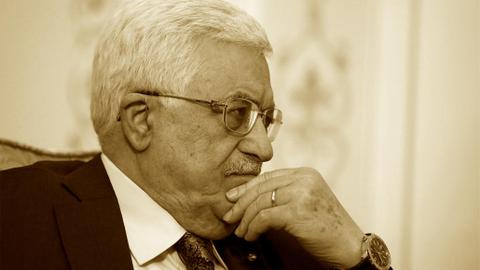
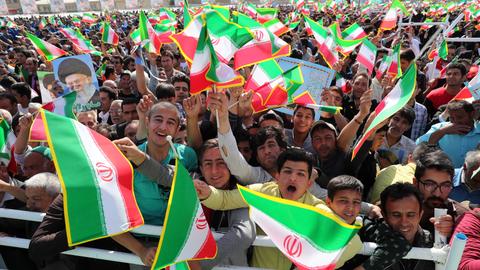
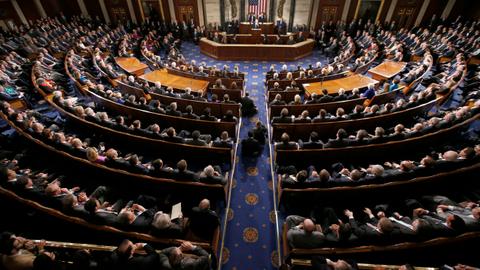

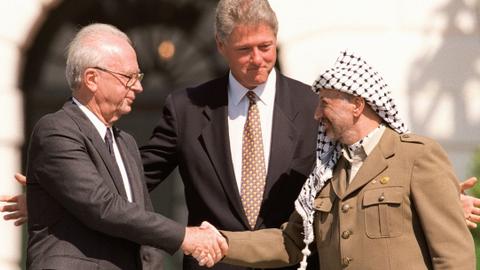
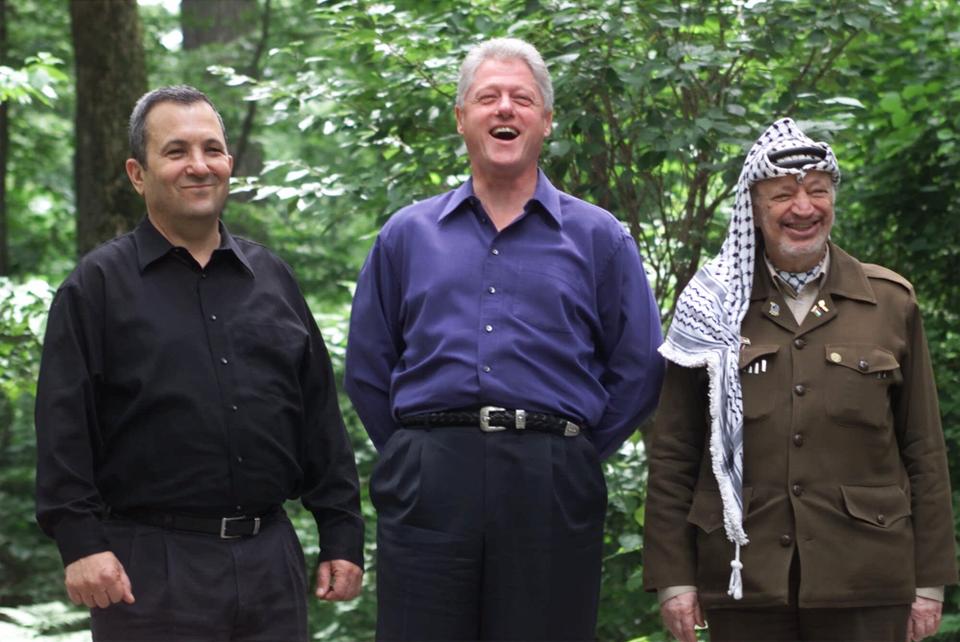

Comments
Post a Comment